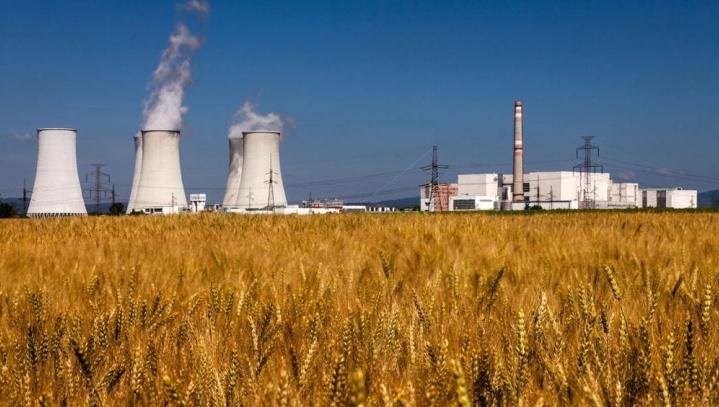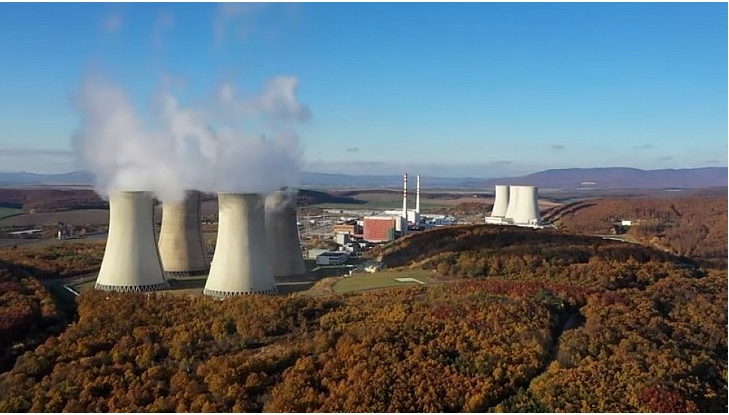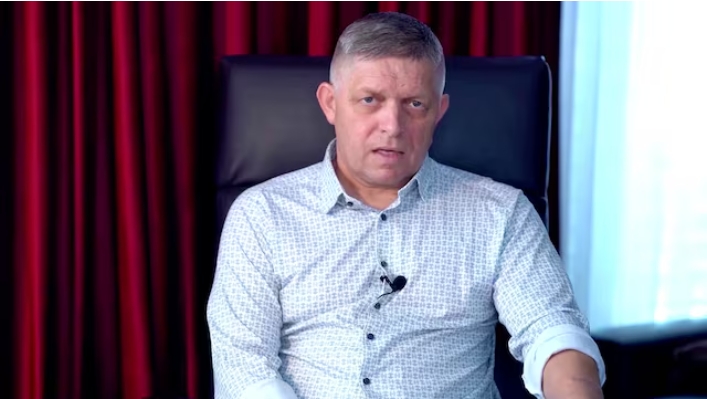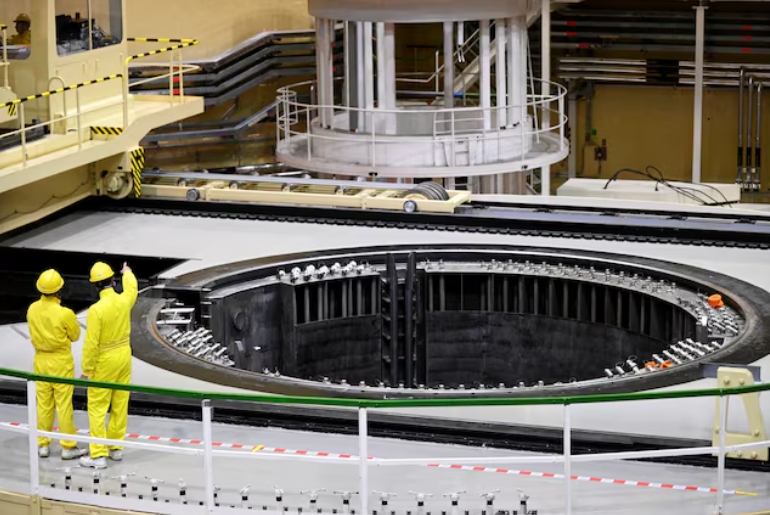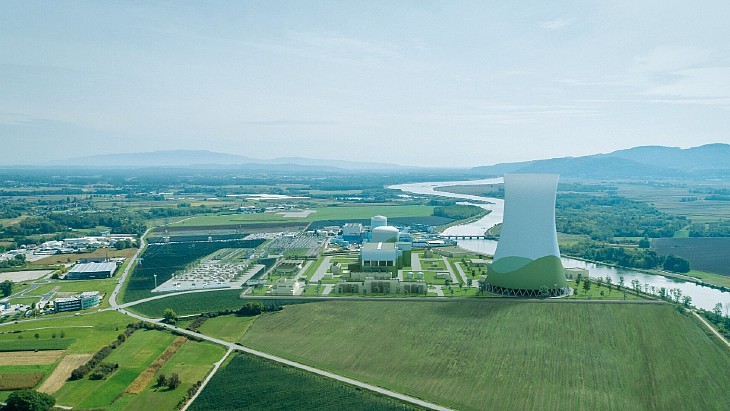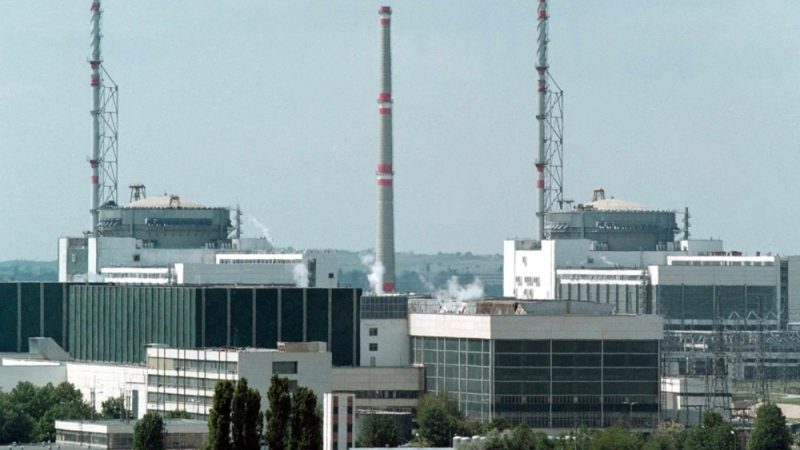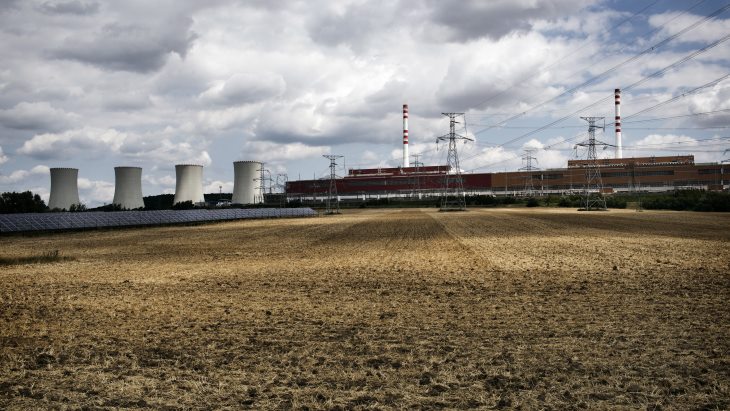Evelyn Bankole Alternative methods of producing electricity – from waves, wind, solar radiation, or the warmth of the Earth’s core – are thought to be our future. Still, geothermal energy pros and cons are a very hot talking point in expert circles. Environmentally friendly and quite efficient, this method of producing power has a range of significant advantages and drawbacks that need thorough consideration.
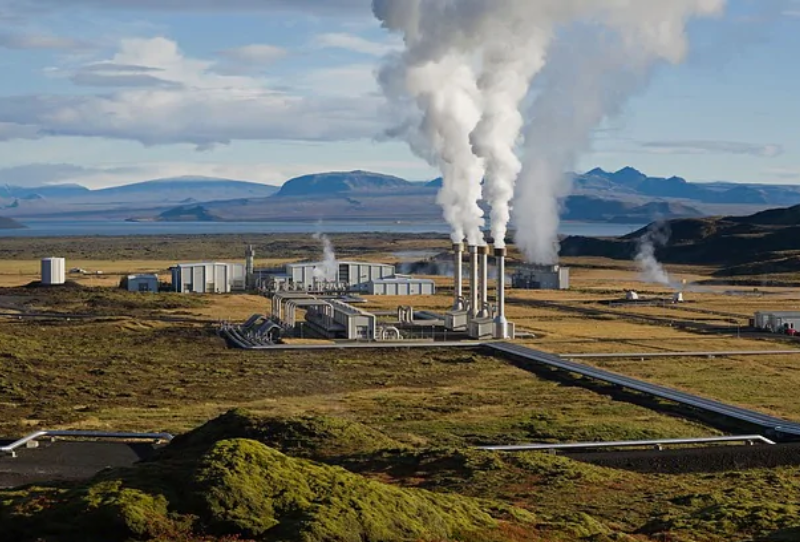
Geothermal energy advantages and disadvantages explained
Renewable sources of energy, in general, have a range of both positive and negative sides. They are great because the majority of these sources are widely spread around the world, because they will hardly ever run out, and because their usage does not ruin the environment. The fact that they do not produce a lot of power and that most renewable sources are prone to change with time are some of its negative aspects.
For most renewable power sources, it is necessary to install power plants on significant territories (solar or wind stations), and this requires plenty of building materials and a lot of money, even though the expenses are covered with time due to the low cost of exploitation.
For these reasons, the usage of renewable sources of energy is a question that requires much consideration and accuracy.
The main advantages of geothermal energy
·It never runs out
Power plants that use fossil fuel like coal, gas or oil products depend significantly on the supply of these substances. The danger is not only in an abrupt break in the supply but also in a sudden increase in prices for the fuel. For example, the fuel crisis in the 1970s forced the development of electrical transport and alternative energy sources.
The heat of the Earth’s core will hardly ever run out. The temperature of the core is about 6,000°C. There is no need to worry that humanity can influence this in any way.
·It is stable
Solar and wind energy depend on weather conditions. No wind or no sunlight means that there is no production, and stations give away what they have stored in accumulators. The batteries that store this energy have a limited capacity. If windless or sunless weather last for a long time, there will be no electricity in a while.
The core produces plenty of heat 24/7. An adequately organized power station can function without breakdowns and produce electricity in any weather, day or night, any season.
·Power stations require relatively small territories
Supplying electricity to remote regions which have no or little infrastructure has always been a problem. Lack of proper wide roads, a hilly or mountainous landscape – these are big obstacles that hinder the creation of traditional power plants.
One of the most significant geothermal energy advantages is its availability practically everywhere. The source of heat lies literally under the ground. The above-ground part consists of only a machinery room with a turbine and a generator, and a cooling tower. Together, they require little space compared to the vast fields required for a proper solar plant.
·It is environmentally friendly
Compared to traditional powerhouses that are known for polluting the atmosphere with a lot of CO2, the energy produced by the heat of the Earth’s core is quite clean. Only nuclear power plants give off less CO2; their problem, however, is in radioactive waste.
·It allows mineral extraction
Depending on the region, the steam that comes from under the ground to rotate turbines can contain various gases and minerals. For example, in Italy, the steam brings up solutions of boric acid in significant quantities.
The major disadvantages of geothermal energy
As it was just mentioned above, the steam that rotates turbines may contain a range of solutions, gases, and minerals. The steam that comes from underground depths is not made of potable water. It contains elements that are characteristic for the particular part of the Earth’s crust where the station is located. These elements and compounds may consist of lead, cadmium, arsenic, sulfur, zinc, ammonia, phenol, and much more. If such solutions reach local water basins, it can cause an environmental catastrophe.
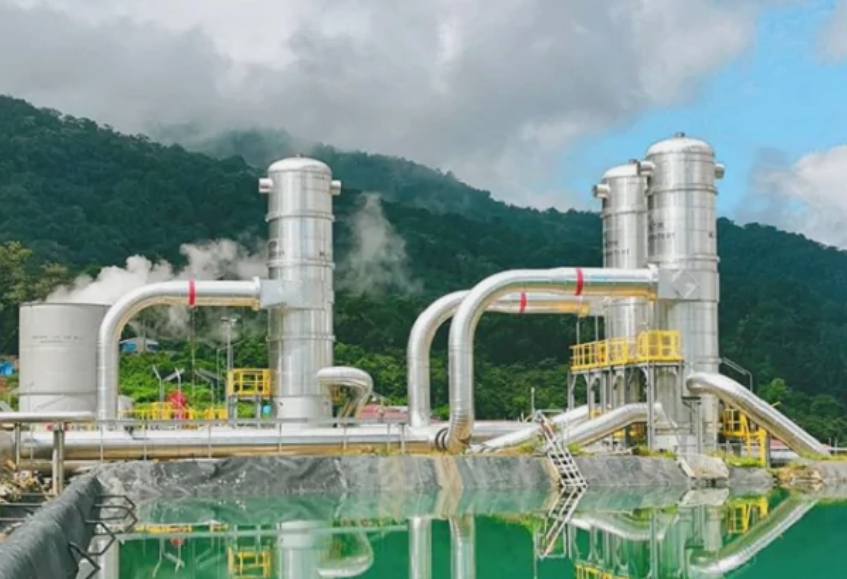
When all safety measures are correctly observed, the steam that goes into the atmosphere passes through special filters. The condensed water with all its solutions is poured back into the borehole. In the case of force majeure, though, such a station can harm the biosphere.
·Huge upfront bills
The cost of the building is one of the biggest cons of geothermal energy. In spite of the relatively simple construction, such a power plant turns out to be rather costly at the building stage. It requires a thorough analysis and investigation of the location, its relief, and underground formations. Since it is necessary to bore a deep well to reach the point of the required temperature, the depth of the hole may also influence the cost.
·Productivity is relatively low
At present, geothermal power plants produce less electricity than hydroelectric stations, nuclear power plants or usual thermal stations. Many boreholes can give off energy enough for small settlements only.
It is necessary to compare the pros and cons of geothermal energy and see which will outweigh the other. At the moment, power stations that use the heat of the core exist in many countries. Their capacity is enough to cover a part of the population’s needs for electricity.
Traditional thermal, nuclear or hydropower stations supply the rest. Such stations are very effective in areas of high seismic activity. The best example is Iceland where the thickness of the crust allows the plants to reach the inner Earth's heat much easier than in other countries.
In Iceland and Japan, the heat of the depth is available in such quantities that it is used directly to heat roads, clothes, and people's homes. About 25% of the entire power supply in El Salvador comes from the heat of the Earth's core.
Geothermal energy pros and cons should be thoroughly evaluated for the sake of promoting the usage of renewable energy. Judging by how quickly fossil fuel is being spent, quite soon, humanity will need to switch to renewable sources of energy. Geothermal power will work as the perfect storage of energy for the future.
